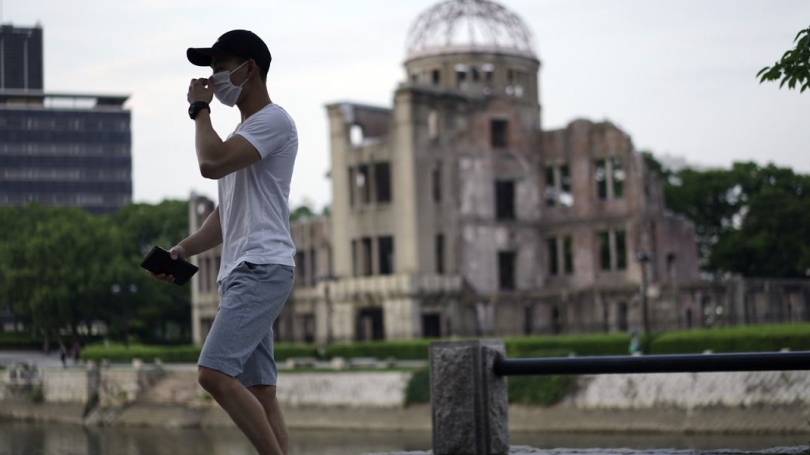
- About
- Undergraduate
- Off Campus Programs
- Opportunities
- News & Events
- People
Back to Top Nav
Back to Top Nav
Back to Top Nav
Back to Top Nav
On Aug. 6, 1945, an American B-29 named the Enola Gay dropped and detonated a five-ton atomic bomb over the Japanese city of Hiroshima. The bomb's 15-kiloton explosion claimed the lives of about 70,000 people instantly. While there's some debate about the total number of individuals who ultimately died because of bomb-related injuries and radiation poisoning, the total number of fatalities likely exceeded 100,000 and potentially even 200,000.
Despite the colossal damage that the American military inflicted on Hiroshima, and subsequently on Nagasaki on Aug. 9, 1945, Japan soon would develop a warm, productive relationship with its war-time rival that has lasted to this day. Read more here.